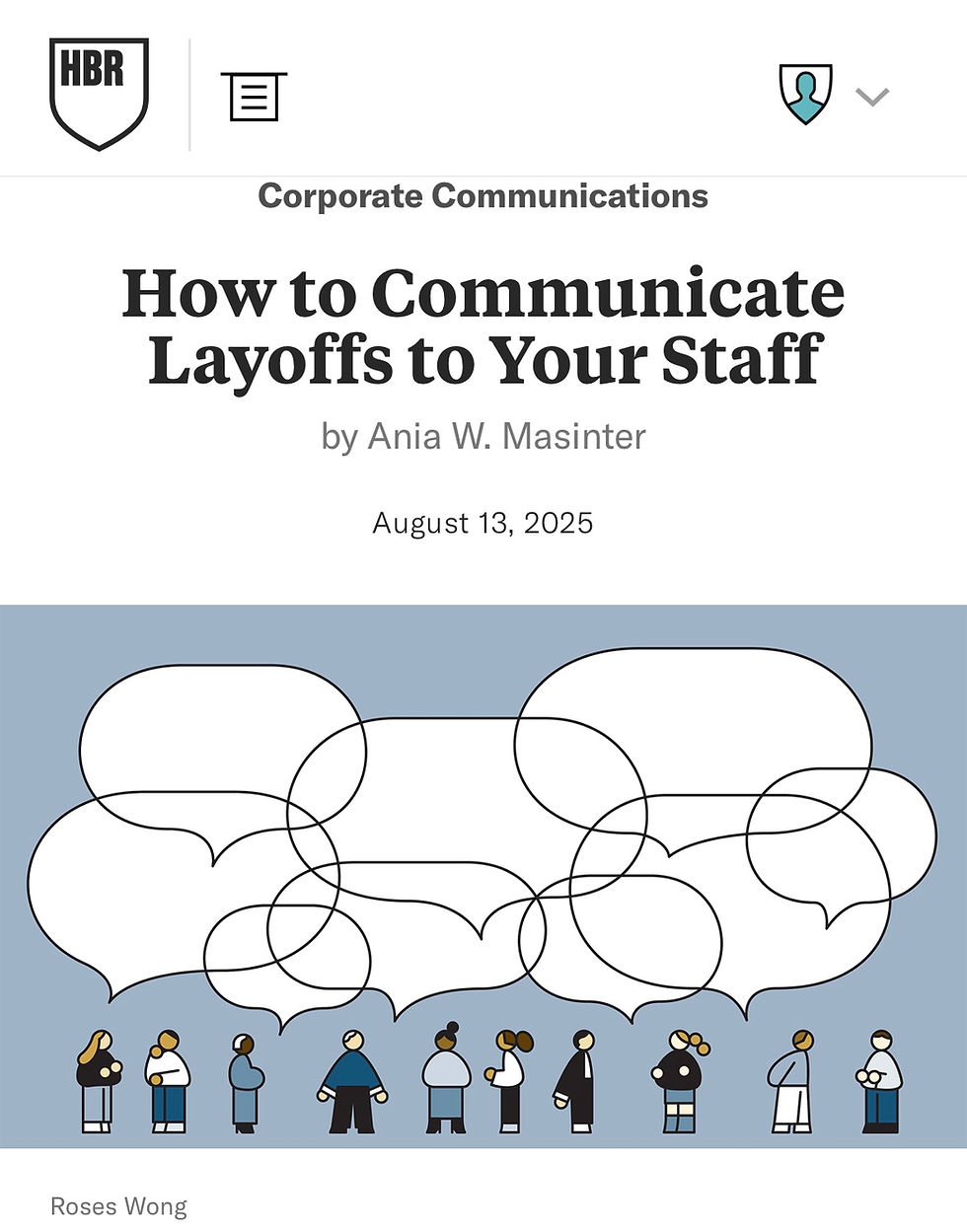No Promotion? How To Prevent Yourself From Becoming Expendable (book review)
- Amii Barnard-Bahn
- Jul 14, 2021
- 3 min read
Updated: Dec 23, 2021

What is it about some people who always appear to jump to the front of the promotion line? They always seem to know when the next opportunity is coming and they are first in line. What and whom do they know that helps them get promoted? More importantly, what can you do to become more promotable? According to Amii Barnard-Bahn, a former Fortune Global 50 executive, the answer can be distilled down to a few points underscored by traits of emotional intelligence, leadership, and executive presence. It is essential to note, these are learned elements, which means you can work to make yourself the person every leader would want to promote.
Barnard-Bahn has worked in the C-suite for decades, built teams, hired and fired
people. She carefully watched and noted who got promoted and why. While you clearly need to be skilled at your work, to be more promotable, Barnard-Bahn shares that to move up the corporate latter quickly and efficiently, you need to score highly in the following five characteristics:
Self-awareness
Have the ability to be introspective and reflect on your behaviors, emotions, and attitudes, and recognize how they are viewed by others.
External awareness
Understand how your words and behaviors land on others, and what impressions you leave on people.
Strategic thinking
The ability to identify, analyze and crystalize divergent data points from varying sources and be innovative in the way you recompose the different ideas.
Executive presence
When people see you, does it inspire confidence? Conversely, do you always seem disorganized, hurried, or chasing the latest shiny toy? Barnard-Bahn summarizes that your executive presence is made up of three components:
Presentation skills (both written and spoken, in-person and virtual)
Gravitas (calm, solution-oriented, confident, in control)
Professional appearance (clothing choices aligned with company culture)
Thought leadership
What are you known for? For what expertise are you approached by people? How do people view you as adding value to an organization? You need to be known for something, or else you are not considered an expert in anything, and therefore expendable.
While we all might think we excel at these five elements, a free assessment can help you identify your areas of strength and growth. The book, The PI Guidebook, brings to the forefront the qualities and behaviors for which leaders are searching, and offers worksheets so that you can develop the skills in your needed areas.
In all of my research with high achievers, I note that success never happens overnight. It is a commitment to advancing a little bit every day. Whether you are early in your career or at the top of the corporate hierarchy, there is always more you can learn as you think about your next career step. Along the way, you will be faced with challenges and obstacles which will complement your strengths. Stay committed to work on your areas of weakness and you will note that by identifying them and working on it consistently, you will turn your weakness into a strength. There will be both external (bad boss, limited mobility in your organization, etc) and internal (your limiting thoughts and behaviors) obstacles. Naming them and working toward alleviating their crush on your career is a smart move.
In business, it is common to complete a SWOT analysis for a new project. You identify your Strengths, Weaknesses, Opportunities and Threats. The PI Guidebook is a SWOT analysis for your career. It provides tools to ensure you are always employable and promotable.



Comments